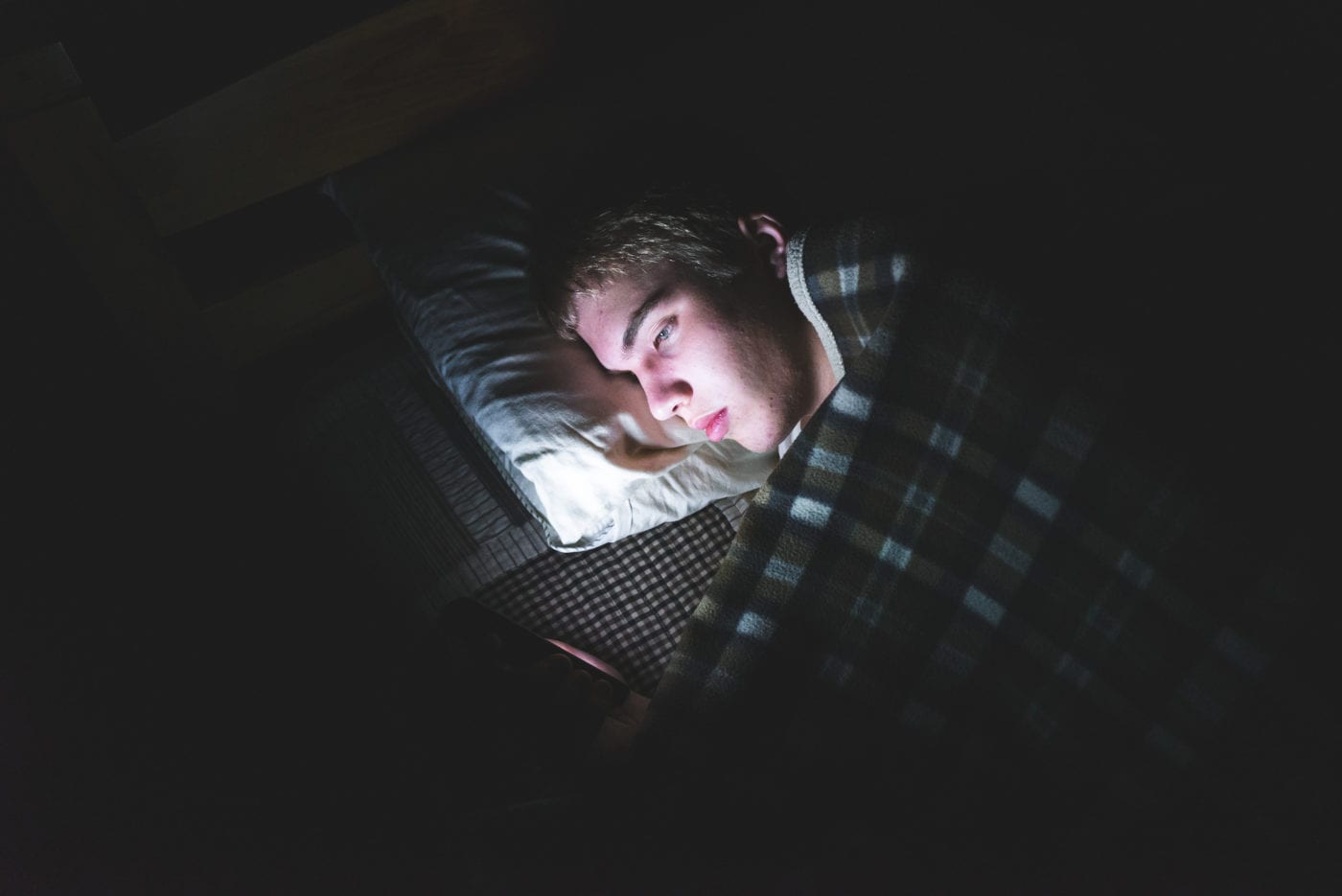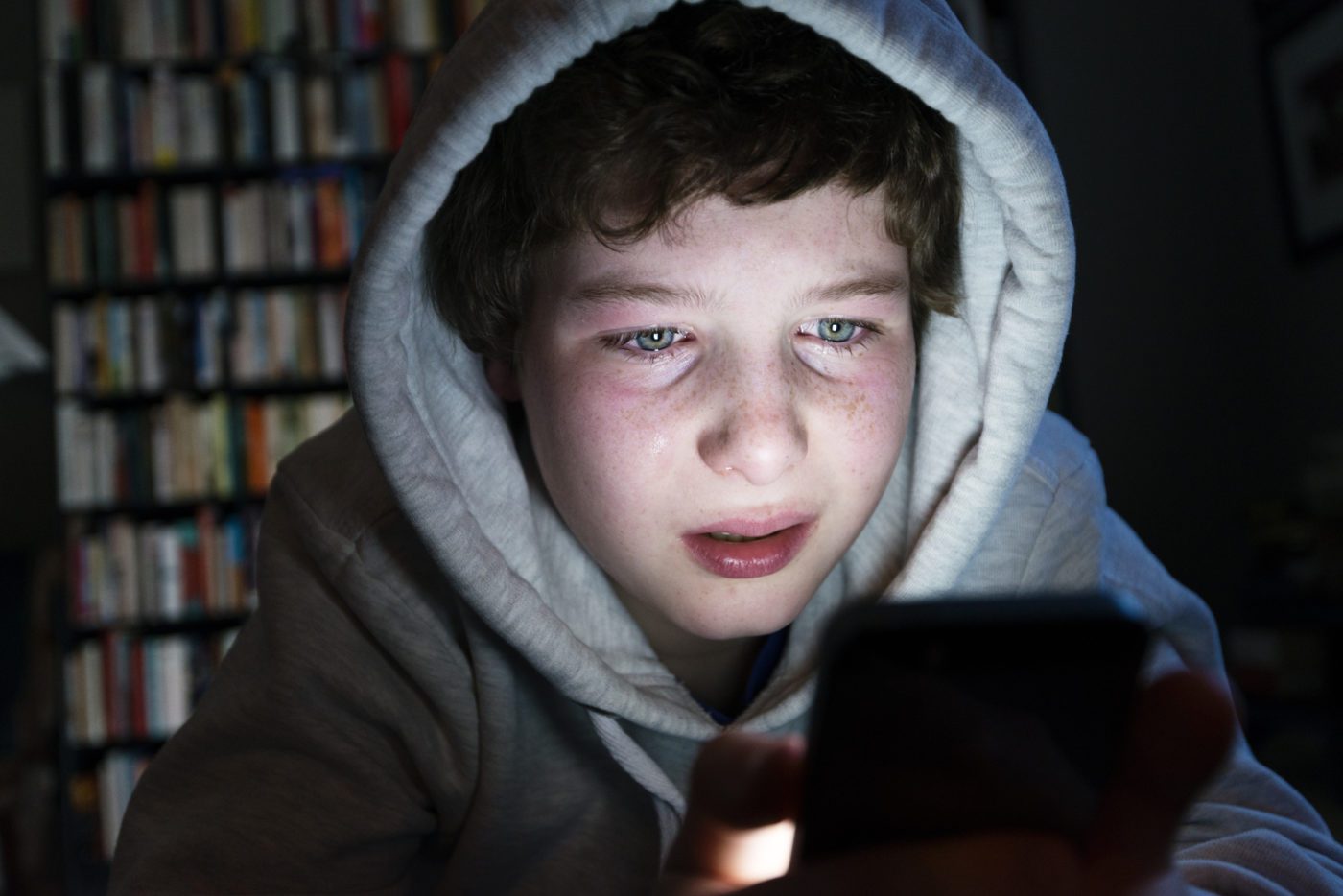This post was going to be pretty different initially. My plan had been to lay out all the statistics highlighting why depression in teenagers is soaring due to the stresses and pressures caused by COVID-19, national elections, and racial unrest. However, it turns out a study proved me wrong. The Institute of Family Studies and the Wheatley Institution conducted a survey of 1,523 U.S. teens in 2020 and called it Teens in Quarantine: Mental Health, Screen Time, and Family Connection.
It found that the opposite is actually true. The number of teens reporting depression fell by 10 percent from just two years ago. How is it that during this historically tumultuous time, teens could actually fare better (as least as it pertains to depression and loneliness)? Here are 3 reasons why depression in teenagers decreased during quarantine—and what we can learn from that about preventing depression in teens.
1. Teens are getting more sleep.
It’s widely understood that teenagers need significant amounts of sleep and get far less than they need—and that can contribute to depression. What we didn’t anticipate regarding the quarantine is that many teens are now getting quite a bit more sleep than normal.
According to the study, the number of teenagers who said they got seven or more hours of sleep per night jumped from 55 percent to 84 percent during quarantine. If you have a teenager, you’ve probably experienced this in your home. I know I have. The result is, unsurprisingly, that well-rested teens are generally in better moods. Who knew?
2. Teens are spending more time with their families.
If you asked most teenagers pre-pandemic whether they would enjoy being confined to their homes with their parents for the next few months, they probably would’ve looked at you like you were crazy. And yet, it turns out being with family was good for them. Approximately 68 percent of the teens surveyed reported that their families had gotten closer during the pandemic. This increased family time was linked to improved mental health.
Of course, there are studies that show an increase in domestic violence during the pandemic as well. So it would be naïve to simply assume that quarantine was blissful for all families. But excluding those extreme circumstances, COVID forced parents and their kids to spend more time together and that actually served to reduce depression in teens.
3. Teens are spending less time on social media.
I’m guessing you spit your coffee out reading that. But according to the data from the Wheatley Institution, it’s true. While certainly teens spent more time on screens in general, the time on social media specifically decreased.
While we’re not entirely sure of the reason for this, the authors of the study make numerous suggestions. Regardless of why, though, it seems to have had a net positive effect. This makes sense given the correlations made between increased social media usage and mental health concerns, and it’s a very happy and surprising result of quarantine.
None of this information is intended to minimize the very real challenges faced by so many during this pandemic. We long for it to end. However, as we learn about the impact of the quarantine on depression in teens, we gain insights that will serve us long after this pandemic is over.
Sound off: What practices have been helpful for your teen during this time?











Huddle up with your teen and ask, “What have you appreciated most during this challenging time?”